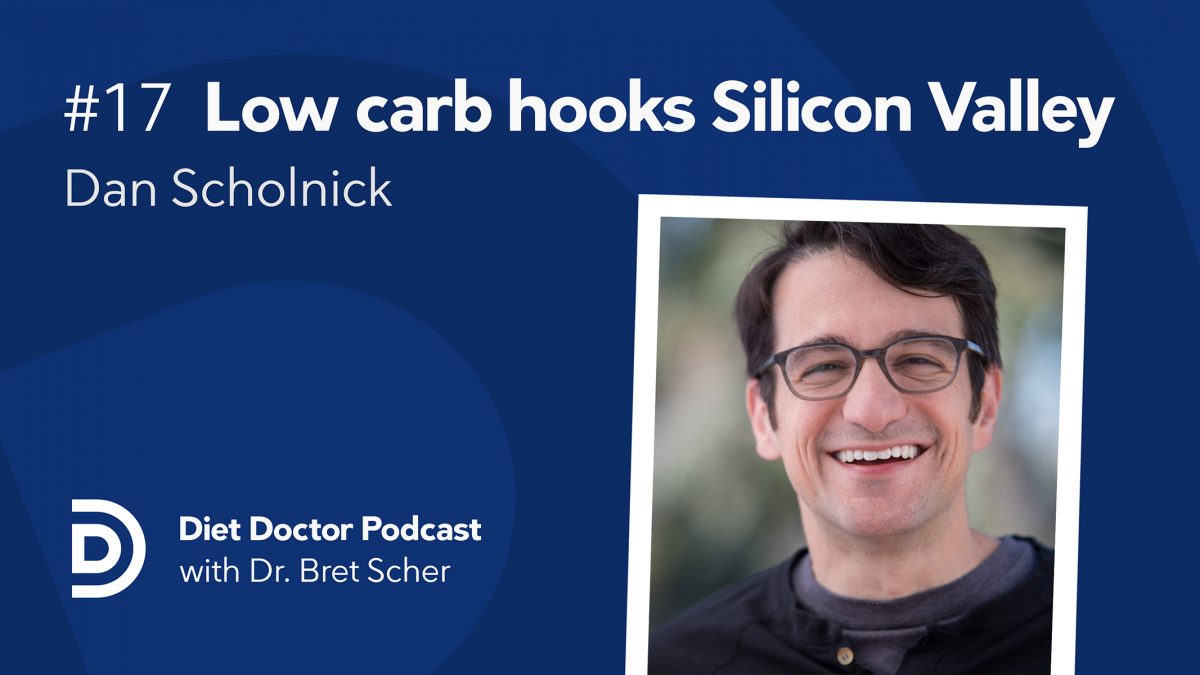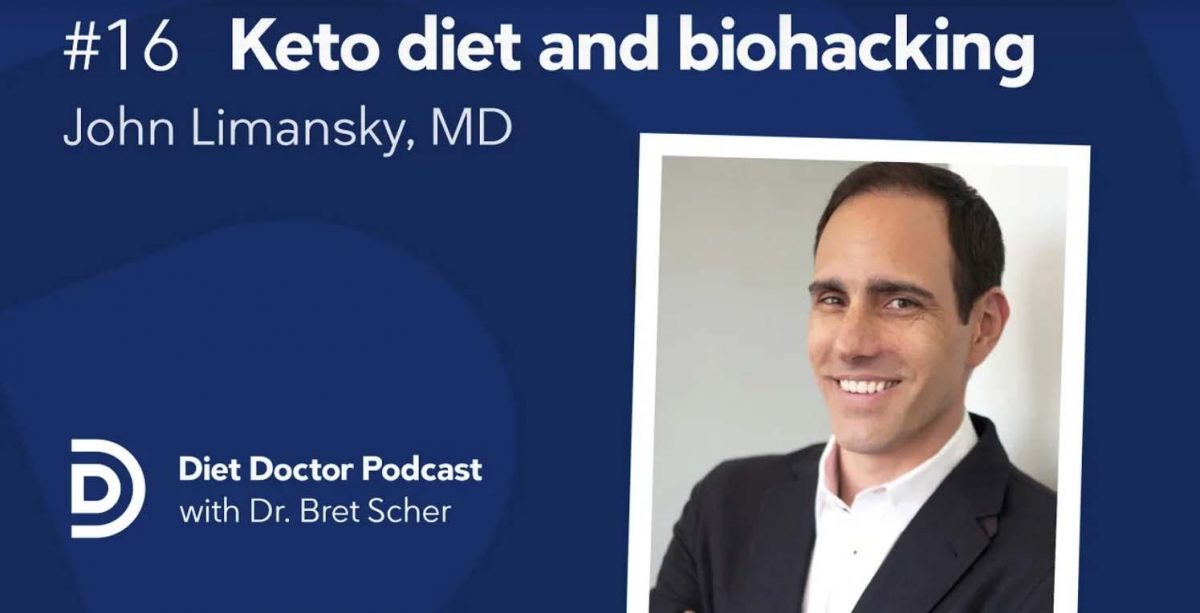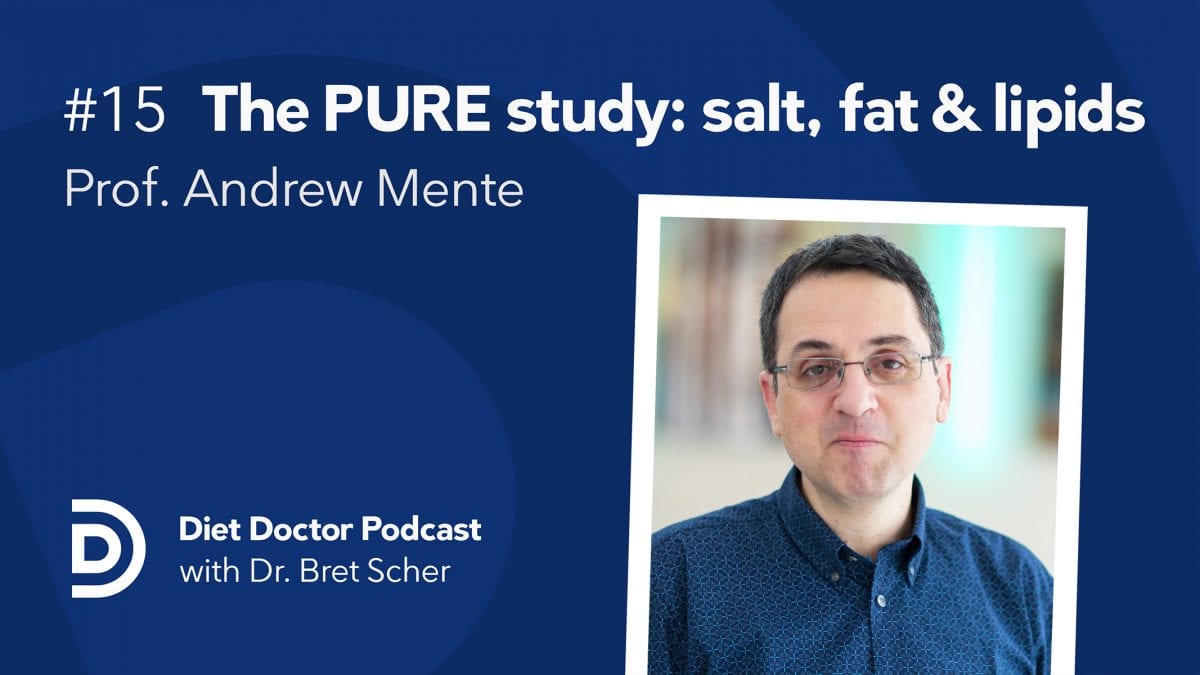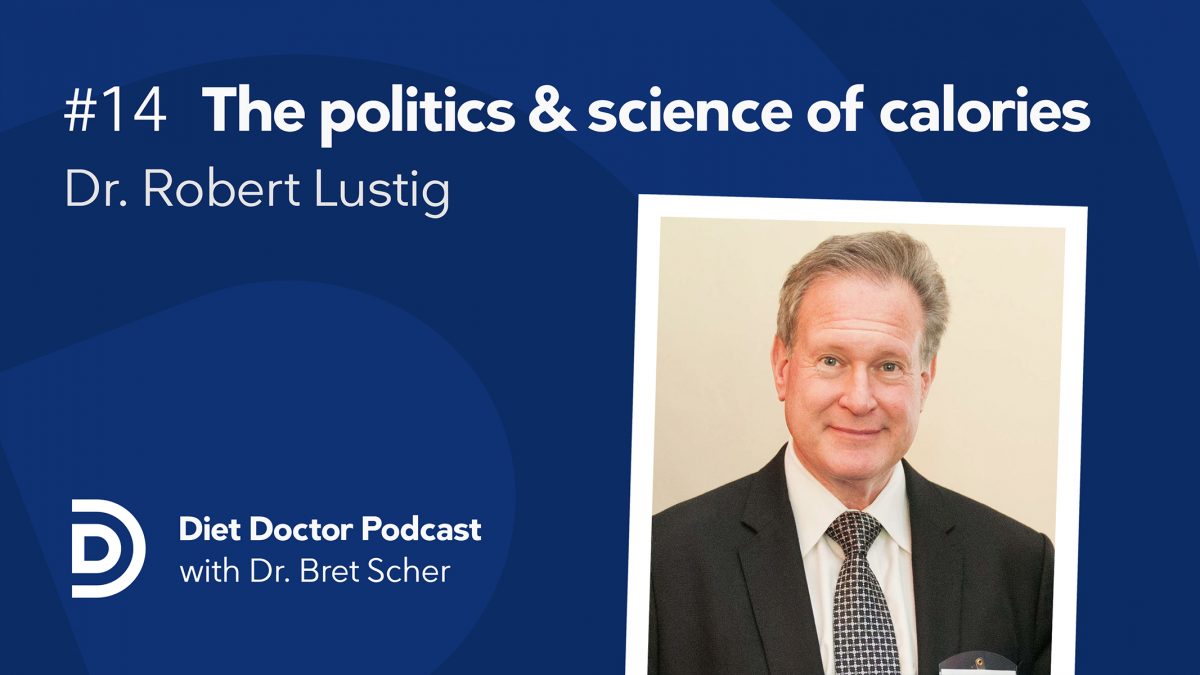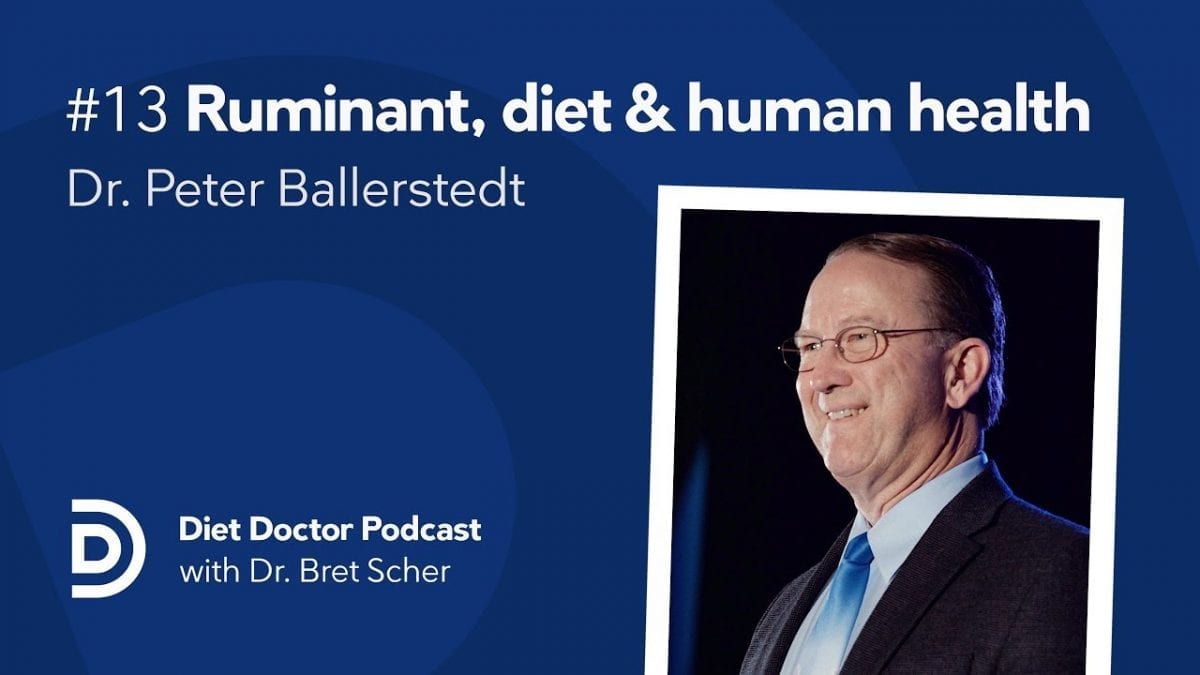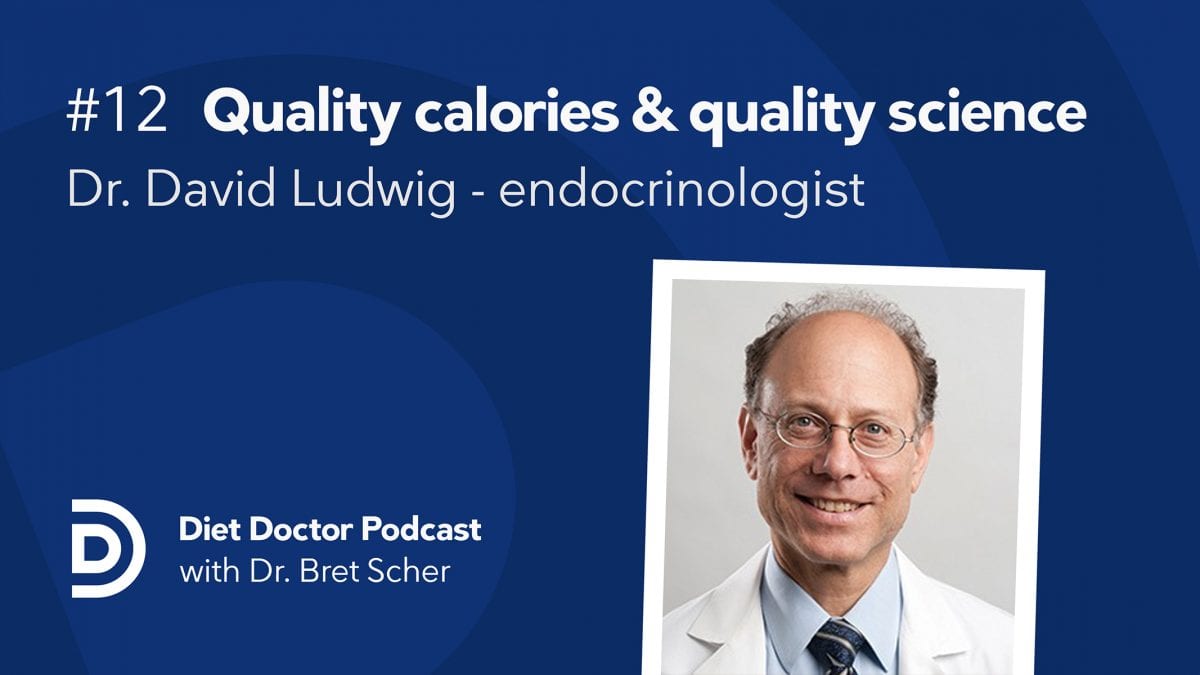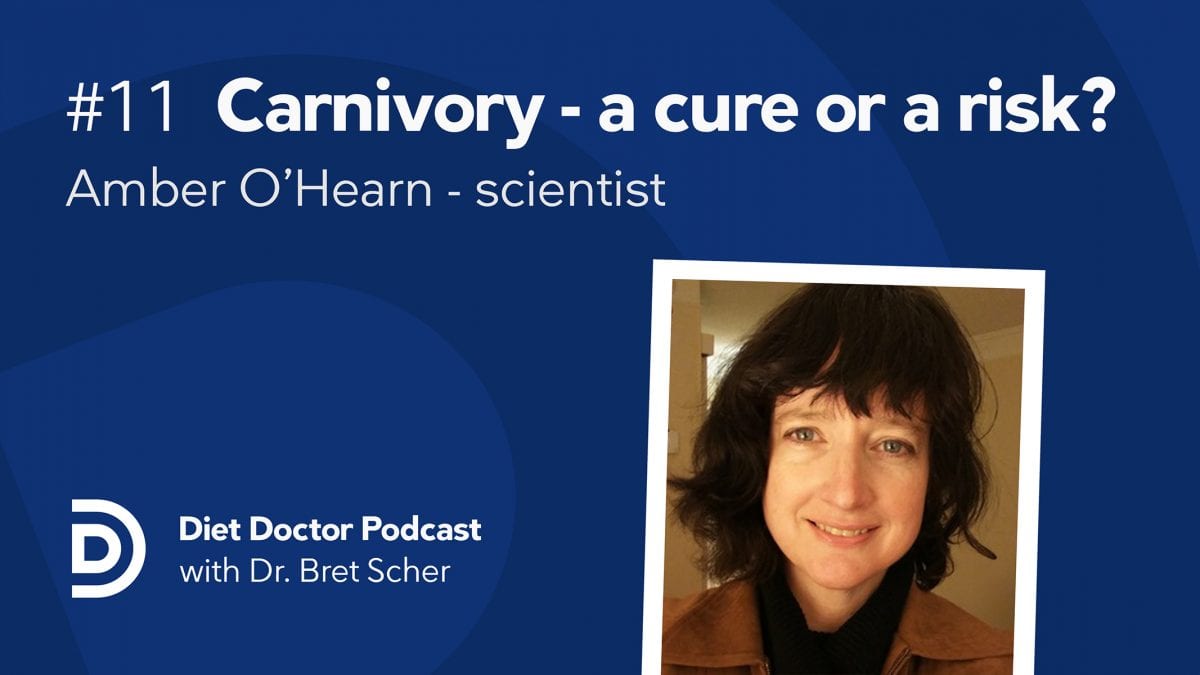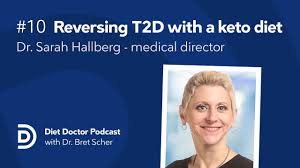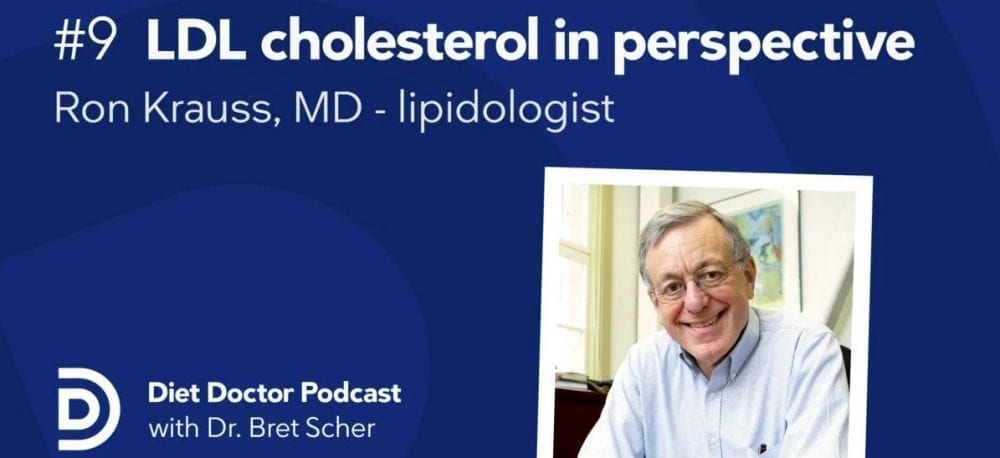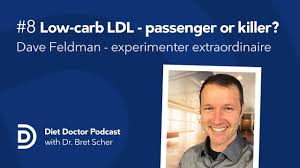Dan Scholnick once said, “It seems like every VC I know in Silicon Valley is on some kind of a low carb diet.” Dan is no exception. Despite having the diagnosis of familial hypercholesterolemia, he decided to try his hand at a low carb diet after hearing a talk by Gary Taubes. Since then, Dan has experimented with numerous diets to see which work best for him, but he also has “put his money where his mouth is” by being an early investor in BulletProof Coffee. In this discussion we discuss his personal journey, as well as the role silicon valley plays in the emerging health and nutrition scene. For instance, how do they evaluate a company that produces a product we could all make on our own? And what does he think of the emerging trends of lab grown meat or hydroponic vegetables versus making current agriculture and farming practices more efficient? Dan has a unique perspective as patient, investor, and self described biohacker.

